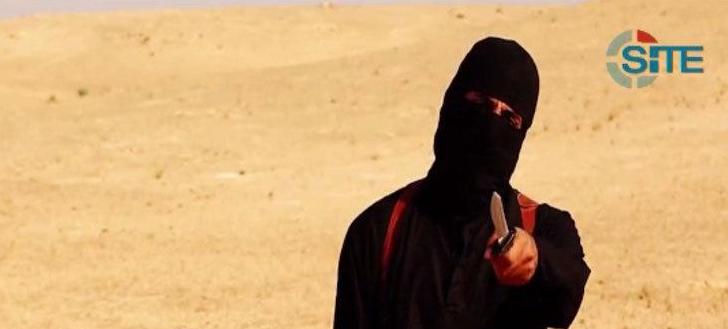Isis Action: MI5 Identify 'Jihadi John' but Delay Raids on Associates to Prolong Hostage Safety

British intelligence are waiting to arrest associates of 'Jihadi John' despite identifying him and a number of his connections, in order to gather more information by monitoring their communications.
The security services have decided against raiding the house of the Isis (now known as Islamic State) executioner's family and his friends in order to retrieve as much intelligence as possible.
Security sources have revealed that their priority is to locate the remaining hostages in the terror group's possession and making arrests at this time could jeopardise their safety.
"If they could have done something by now, they would have," one source told The Times. "No one wants to be where we are."
Satellite surveillance has been used over Syria in an attempt to locate the hostages and their captors in the Islamic State's de-facto capital of Raqqa.
Sending special forces to retrieve the hostages remains a remote option at this point due to the density of Islamic State fighters in Raqqa.
In the event of sending special forces to Syria, American and British military planners will be working to avoid a 'Black Hawk Down' situation where soldiers were left in militant territory in Somalia after two helicopters were shot down.
The Islamic State has now executed two American journalists, James Foley and Steven Sotloff, and a British aid-worker, David Haines, while threatening to behead a second British aid-worker, Alan Henning.
Britain maintains a policy of non-negotiation with terrorists and kidnappers for fear that paying large ransoms not only funds more terror but encourages more acts of kidnap.
Opening an international summit of foreign ministers in Paris, French President Francois Hollande spoke of support for Syrian moderate rebels in the fight against the Islamic State.
"Chaos plays into the terrorists' hands," he said.
"Therefore we have to support those who are able to negotiate and make the necessary compromise in order to preserve the future of Syria, and for France those are the forces of the democratic opposition."
Ten Arab states have joined the international coalition; Egypt, Iraq, Jordan, Lebanon, Bahrain, Kuwait, Oman, Qatar, Saudi Arabia, and the United Arab Emirates (UAE).
© Copyright IBTimes 2025. All rights reserved.






















